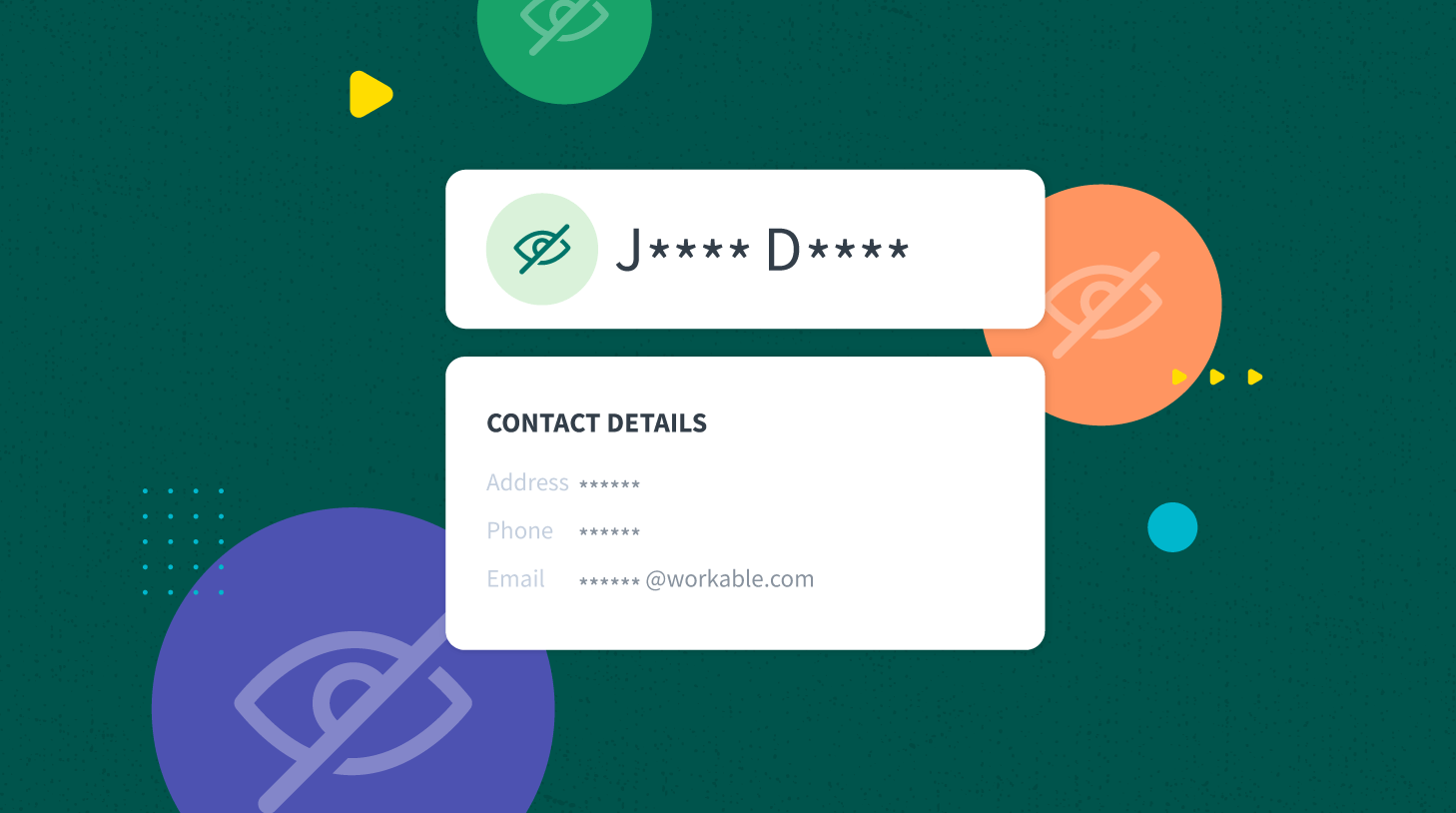Integrating AI with screening methods to secure top talent
Today the race of finding the right talent quickly and efficiently is more crucial than ever. Traditional hiring methods often fall short, leading to prolonged vacancies, increased costs, and sometimes, mismatched hires. What’s the missing part?

Artificial Intelligence (AI) and comprehensive screening methods can save your time and the day. This article explores how integrating AI with thorough screening can optimize your hiring process, ensuring you attract and retain top talent.
Contents
The need for optimization in hiring
Hiring is a complex process fraught with challenges. From sifting through countless resumes to ensuring cultural fit, HR professionals often find themselves juggling multiple tasks simultaneously.
Common issues include:
Time-consuming processes: Manually reviewing applications can be tedious and inefficient, leading to delays in filling critical positions.
Bias and inconsistency: Unconscious biases can inadvertently influence hiring decisions, compromising diversity and fairness.
High costs: Prolonged hiring cycles increase costs related to advertising, onboarding, and potential lost productivity.
These challenges not only strain HR departments but also impact overall business performance. Optimizing the hiring process is essential to enhance productivity, foster a positive company culture, and maintain a competitive edge.
How AI enhances the hiring process
AI brings a transformative edge to recruitment by automating and refining various aspects of the hiring process:
- Automation of repetitive tasks
AI can handle time-consuming tasks such as resume screening and scheduling interviews. This automation frees up HR professionals to focus on more strategic activities, such as engaging with candidates and refining job descriptions.
- Better candidate matching
Advanced AI algorithms analyze resumes and match candidates’ skills and experiences with job requirements more accurately than manual methods. This ensures a higher quality of candidates being shortlisted for interviews.
- Improved efficiency and speed
AI significantly reduces the time-to-hire by swiftly processing large volumes of applications. This speed is crucial in today’s competitive job market, where top candidates are often snapped up quickly.
Effective screening methods to complement AI
While AI enhances efficiency, thorough screening methods ensure that the right candidates are selected. Combining AI with robust screening practices creates a balanced and effective hiring strategy.
Structured interviews
Structured interviews involve standardized questions that are asked to all candidates. This method ensures consistency and fairness, making it easier to compare candidates objectively.
Skills assessments
Practical tests evaluate both technical and soft skills relevant to the role. These assessments provide concrete data on a candidate’s abilities, helping to predict their job performance.
Behavioral assessments
Understanding a candidate’s behavior and cultural fit is crucial for long-term success. Behavioral assessments delve into how candidates have handled situations in the past, offering insights into their potential future performance.
Background screening and pre-hire checks
One of the most critical steps in the hiring process is verifying a candidate’s credentials and history. Society for Human Resource Management (SHRM) reports that 92% of employers use some form of background check in their hiring process. Comprehensive background screening and pre-hire checks ensure that the information provided by candidates is accurate and trustworthy.
Utilizing advanced tools can streamline this process. With the power of AI you can automate verification tasks, ensuring that all candidate information is up-to-date and reliable.
By integrating a background screening tool into your hiring workflow, you can enhance the accuracy of your pre-hire checks, reducing the risk of onboarding unsuitable candidates.
Addressing ethical considerations
As AI becomes more prevalent in hiring, it’s crucial to address ethical concerns to maintain fairness and integrity.
Mitigating bias in AI
AI systems can inadvertently perpetuate biases present in their training data. To mitigate this, use diverse training datasets and conduct regular audits of AI tools to identify and address any biased outcomes.
Data privacy
Protecting candidate information is paramount. Ensure that your AI tools comply with data privacy regulations and implement robust security measures to safeguard sensitive data.
Fairness and accountability
Maintain human oversight to ensure that AI-driven decisions are fair and accountable. HR professionals should review AI recommendations and make final hiring decisions, ensuring that ethical standards are upheld.
Optimizing the hiring process with AI and thorough screening methods offers a strategic advantage in today’s competitive job market. By automating repetitive tasks, enhancing candidate matching, and ensuring comprehensive vetting, organizations can streamline their recruitment efforts and secure top talent more efficiently.
Frequently asked questions
- What are the main benefits of using AI in recruitment?
- AI automates repetitive tasks such as resume screening and interview scheduling, saving time and reducing costs. It also enhances candidate matching by analyzing skills and experiences more accurately. This leads to faster hiring processes and better-quality candidates, helping HR professionals focus on strategic initiatives.
- How does AI reduce bias in hiring?
- AI minimizes biases by consistently applying pre-defined criteria across all candidates. However, it’s essential to use diverse training datasets and regularly audit AI tools to prevent any unintended biases from influencing decisions. Human oversight should always complement AI processes to maintain fairness and integrity.
- Why is comprehensive screening still necessary with AI?
- While AI automates and speeds up initial stages of hiring, screening methods like structured interviews, skills assessments, and background checks ensure that candidates meet job requirements and are a cultural fit. Combining AI with screening creates a well-rounded approach that enhances accuracy and fairness in candidate selection.
- What screening methods complement AI in hiring?
- Effective screening methods include structured interviews, skills assessments, behavioral assessments, and background screening. These methods offer objective data and insights into a candidate’s skills, behavior, and fit for the role, ensuring comprehensive evaluation and selection, especially when integrated with AI-powered tools.
- How does AI improve the speed of hiring?
- AI accelerates hiring by processing large volumes of applications quickly and automatically matching candidates’ qualifications with job requirements. It handles repetitive tasks like resume screening and interview scheduling, significantly reducing time-to-hire. This speed is crucial in competitive job markets where top candidates are in high demand.




